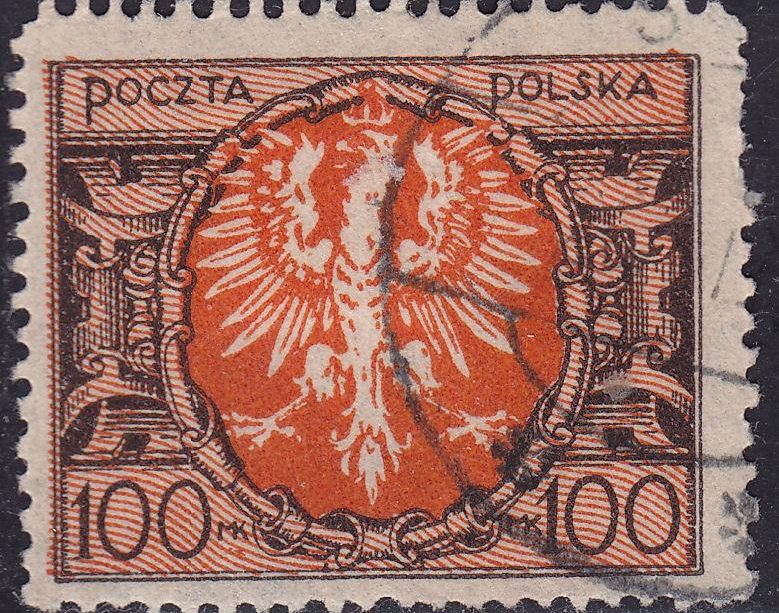Poland: Economic Growth and Current Challenges

Introduction
Poland, a country in Central Europe, has been experiencing significant economic growth, making it one of the quickest developing economies in the European Union. Understanding Poland’s economic landscape is important, not only for policymakers but also for investors and businesses looking to navigate European markets. In recent years, challenges such as inflation, supply chain disruptions, and geopolitical tensions have emerged, impacting the economy. This article will explore these factors and their relevance in a broader context.
Current Economic Landscape
Poland’s economy has shown remarkable resilience, with a GDP growth rate of 5.3% in 2022, according to the World Bank. This growth has been driven primarily by strong domestic demand, an increase in exports, and a booming IT sector. The Polish labor market has also been thriving, with unemployment rates low at about 3%, significantly below the EU average.
In addition, Poland has been a key beneficiary of European Union funds, enabling vast investments in infrastructure and energy sectors. The Polish government is prioritising green initiatives, aiming for 30% of energy to come from renewables by 2030. This transition is significant, particularly in light of the EU’s commitment to reducing carbon emissions.
Challenges Ahead
Despite the positive growth, Poland faces several challenges that could impact its economic journey. One major concern is the rising inflation rate, which reached 11.6% in 2022. This puts pressure on consumer purchasing power and may lead to decreased domestic consumption over time.
Additionally, ongoing geopolitical tensions in the region, particularly related to the war in Ukraine, raise uncertainties. Poland’s geographical proximity to Ukraine means it hosts a sizeable number of refugees and has incurred higher defense expenditures, which might strain its budget in the future.
Conclusion
As Poland continues to carve its path within the European Union, the balance between fostering economic growth and managing challenges will be crucial. While the prospects for continued growth are positive, authorities will need to implement measures that address inflation and geopolitical instability. Ultimately, Poland’s ability to innovate and adapt will significantly influence not only its national economy but also its role in the European market.









